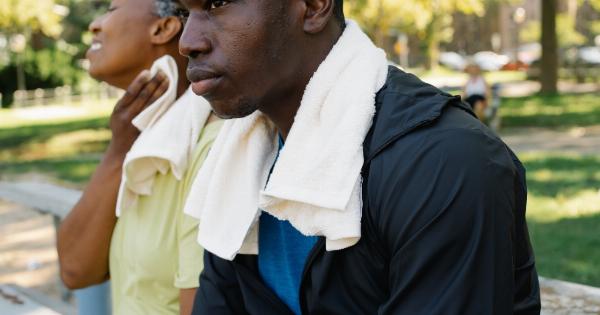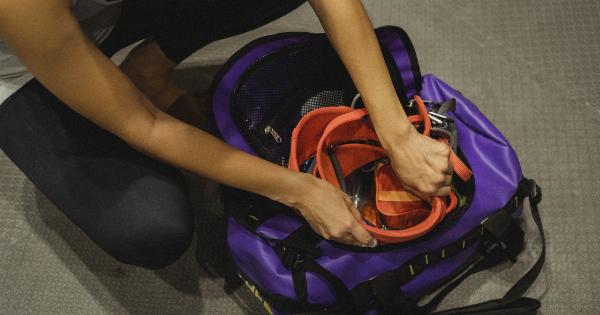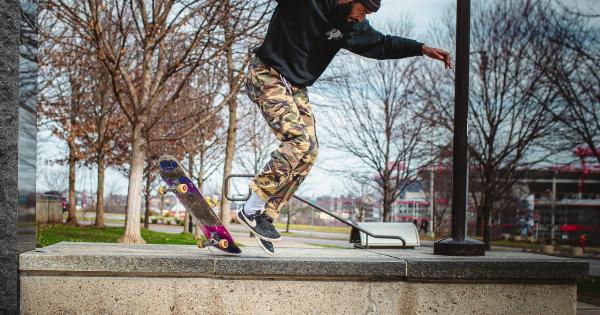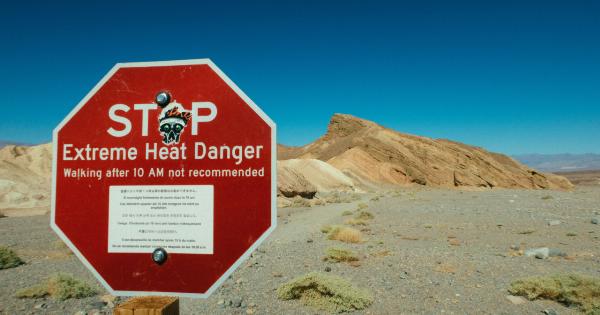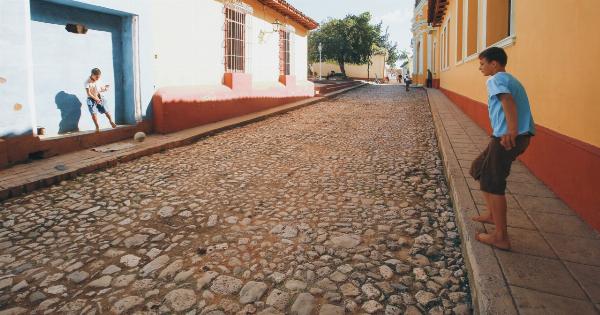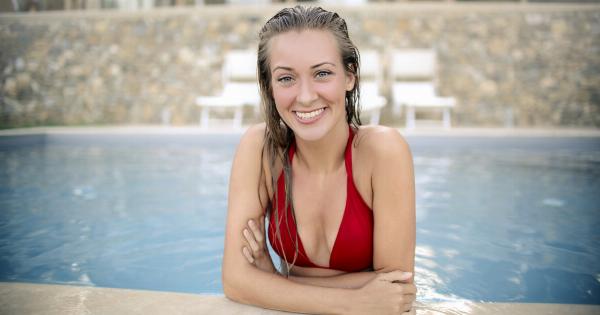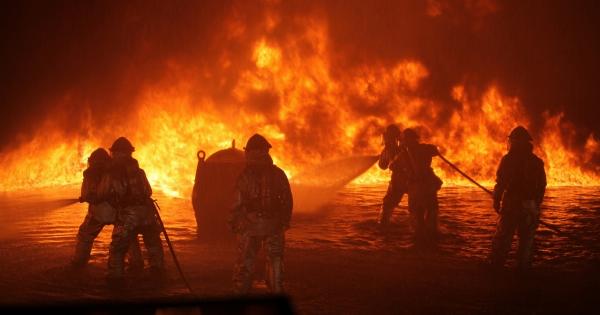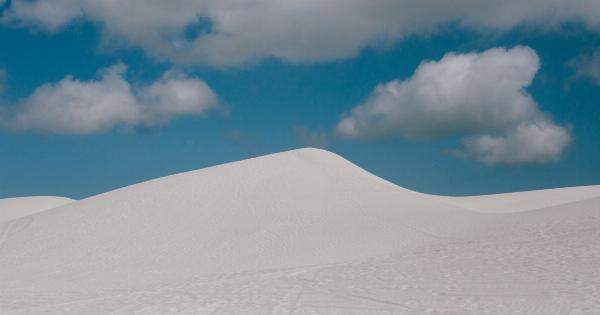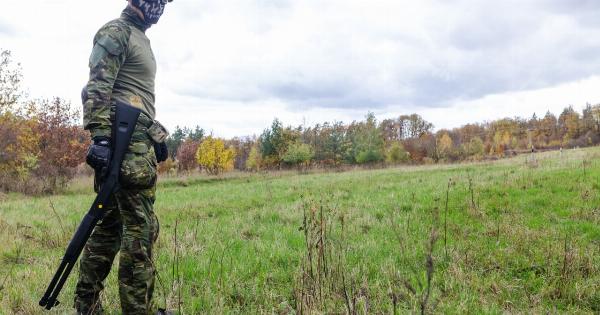Summer is here and with the hot and sunny weather comes the risk of heat exhaustion and dehydration.
Heatwaves are becoming more common with the worsening climate crisis, and it’s important to know how to protect yourself from the damaging effects of solar fatigue. Here are some strategies for surviving heatwaves:.
Hydration
The first and most important strategy for surviving heatwaves is staying hydrated. Drink plenty of fluids, especially water, throughout the day. Avoid sugary drinks and alcohol, which can dehydrate you further.
If you’re going to be outside for an extended period of time, bring a reusable water bottle and refill it regularly.
Clothing
The right clothing can make a big difference in how your body handles the heat. Wear lightweight, loose-fitting clothing that covers your skin from the sun but allows air to flow around your body.
Choose light colors that reflect sunlight instead of absorbing it, and wear a hat with a wide brim to shade your face and neck.
Timing
The hottest part of the day is usually between 11 a.m. and 4 p.m. Try to schedule outdoor activities before or after this time to avoid the worst of the heat. If you must be outside during these hours, take frequent breaks in the shade or air conditioning.
Shade
Speaking of shade, seek it out whenever possible. Tree shade is the best option, as it can reduce the temperature by as much as 20 degrees Fahrenheit. If there’s no natural shade available, bring an umbrella or set up a canopy to provide your own.
Cooling
There are several strategies for cooling your body down during a heatwave. Take frequent cold showers or baths, use fans or air conditioning, and place cool, damp towels on your neck, wrists, and forehead.
You can also fill a spray bottle with water and mist yourself periodically.
Diet
Your diet can have an impact on how your body handles the heat. Eat light, refreshing foods like salads, smoothies, and fruit instead of heavy, processed foods.
Snack on water-rich fruits and vegetables like watermelon, cucumber, and celery to help you stay hydrated.
Exercise
Exercise is important for overall health, but it’s best to avoid strenuous activities during a heatwave. If you do exercise, do it early in the morning or late in the evening when it’s cooler.
Take frequent breaks and don’t push yourself too hard. Listen to your body and stop if you feel dizzy, lightheaded, or nauseous.
Monitoring
It’s important to monitor yourself and others for signs of heat exhaustion or heat stroke. Symptoms include headaches, dizziness, nausea, hot and dry skin, and confusion.
If you or someone else is experiencing these symptoms, move to a cool place, drink water, and seek medical attention immediately.
Conclusion
With these strategies in mind, you can protect yourself from the damaging effects of solar fatigue during heatwaves.
Remember to stay hydrated, dress appropriately, seek shade, cool down often, watch your diet, be mindful of exercise, and monitor yourself and others. Take care of yourself and enjoy the summer!.



